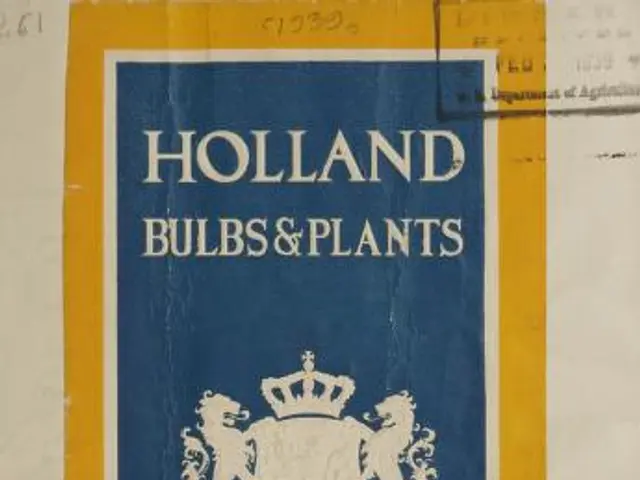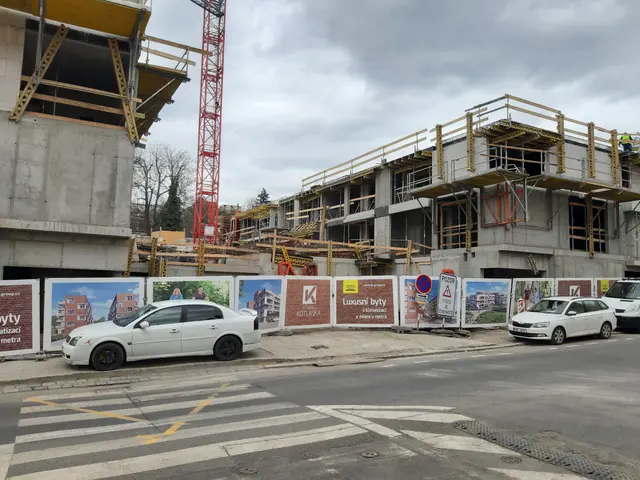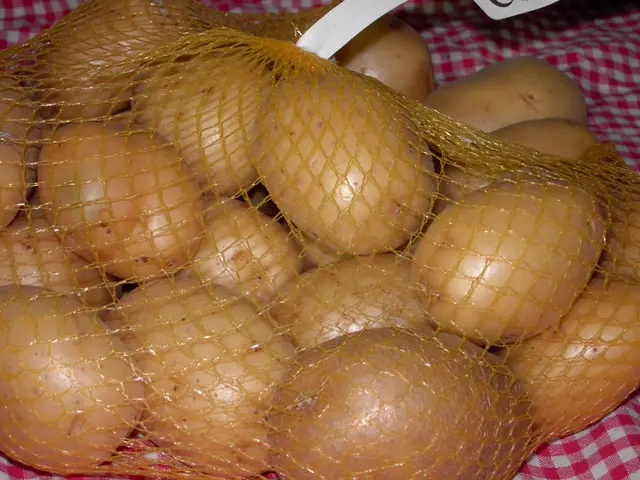Kazakhstan’s sulfur innovation lab marks a leap in science and education ties
President Kassym-Jomart Tokayev has stressed the significance of a direct connection between education, science, and the real economy. This comes as researchers are exploring innovative materials made from recycled sulfur, aiming to shift Kazakhstan's economy towards high-value-added production.
A strategic partnership with the University of Arizona has led to the establishment of Kazakhstan's first sulfur polymerization laboratory. This initiative is spearheaded by Professor Jeffrey Pyun and is seen as a model for transforming regional universities into hubs of science and innovation.
Over 1,200 students from various nations, including Kazakhstan, the U.S., China, and Russia, are enrolled in joint educational programs with leading universities. A team from Kozybayev University presented their collaborative work with the University of Arizona at the International Forum of Strategic Partners 'Kazakhstan: A Hub for Academic Education'.
Furthermore, this partnership has resulted in a project studying the microbiological composition of water used for irrigation and supply in the region, funded by the U.S. Department of Agriculture.
The collaboration with the University of Arizona is fostering innovation and international cooperation in Kazakhstan. With over 1,200 students benefiting from joint educational programs and innovative research projects underway, the country is poised to become a hub for academic education and sustainable growth.
Read also:
- Federal Funding Supports Increase in Family Medicine Residency Program, Focusing on Rural Health Developments
- Potential Role of DHA in Shielding the Brain from Saturated Fats?
- Alternative Gentle Retinoid: Exploring Bakuchiol Salicylate for Sensitive Skin
- Hanoi initiates a trial program for rabies control, along with efforts to facilitate the transition from the dog and cat meat trade industry.








